Rest in Power
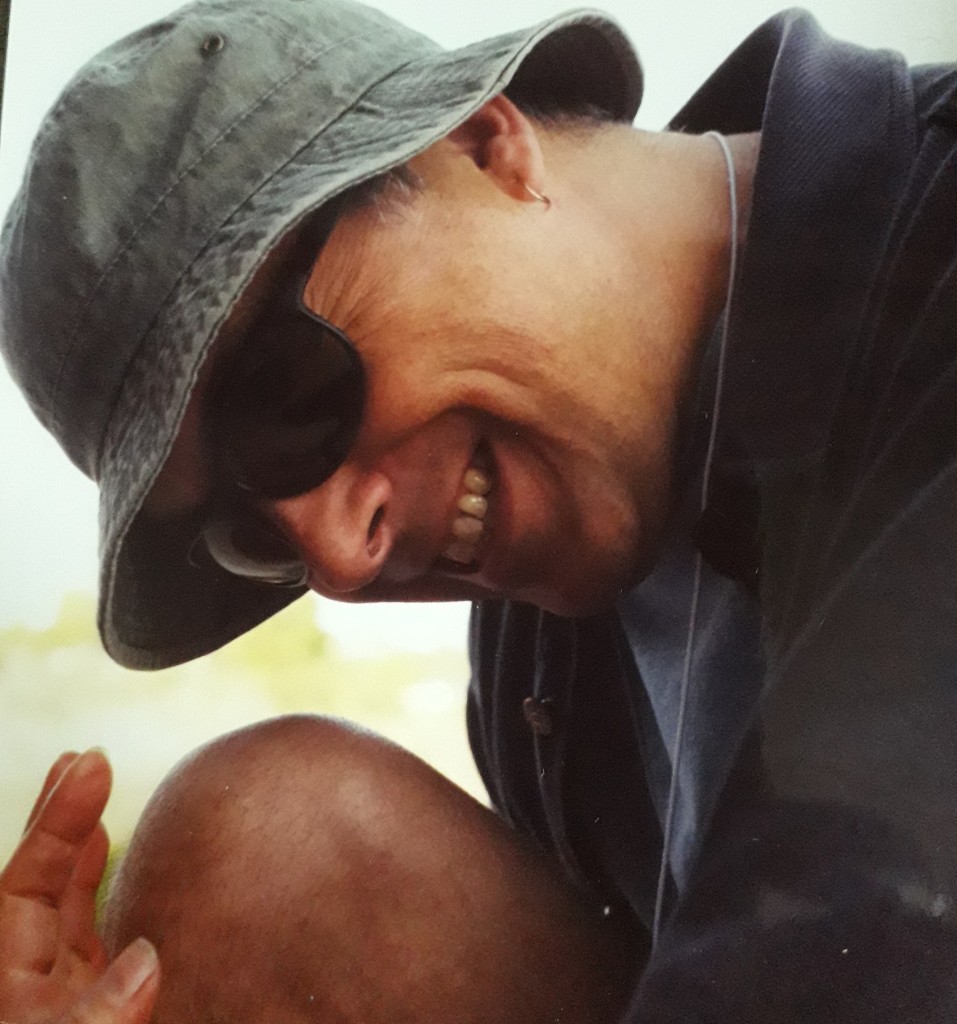
Meeting Pete and Maggie in La Jolla in 2002 changed my life. They embodied ways of being that spoke of celebration, generosity of spirit, respect, value and connection. I had travelled over with Brian Thorne on a bursary of some sorts, had done a fund raiser to get the money for my flight over and for the first time in 14 years had travelled away from my son. It was post 9/11, I was terrified of going, but with the encouragement and support of Brian and Michael Da Costa, I made the journey in order to show the video Brian and I had made called ‘The Cost of Integrity’.
Sitting in the sunshine, there was Pete, along with Gillian Proctor, Irene Fairhurst, and others, whose names escape me. A ‘banter began’. I was asked who I was, that kind of thing. Pete, immediately engaged, teasing me with ‘ oh, you’re a softy southerner’.. So, I earnestly recounted tales of activist groups I’d been involved with in the 80’s the lengths we went to to challenge the Tories in Brighton and London..the marches, the fly posting, the exhibitions, occupations and demos..
Later on that day, outside the hall were Pete and Maggie with their magnificent book stall. I had no idea of the UK wide network for the approach, nor had I seen so many books on the approach. When I first trained, it was all Carl’s writings and Brian Thorne and Dave Mearns’ book’s that I had consumed. This was my ‘first’ conference eight years after I’d completed my diploma with Brian at the UEA. I’d been very much focused on working as a person-centred therapist in the voluntary sector, and also parenting my beautiful son. So the world of PCCS was unknown to me and suddenly I discovered kindred spirits, all inhabiting this beautiful campus in California. Pete and Maggie loaded me up with free books to take back home. In ‘ This is Madness Too’ (Eds: Newnes, Holmes, Dunn PCCS 2001) , Pete had inscribed – ‘ Kate, I mean every word of Chapter 14’.
Written with Keith Tudor, its called ‘ This is Therapy: a person-centred critique of the contemporary psychiatric system’.
The Americans were all so welcoming. I gawped in amazement as Peter Schmid articulated the epistemology of the approach. I could feel my brain expanding. Art Bohart shared his creative way of engaging with research. It was all very heady and inspiring.
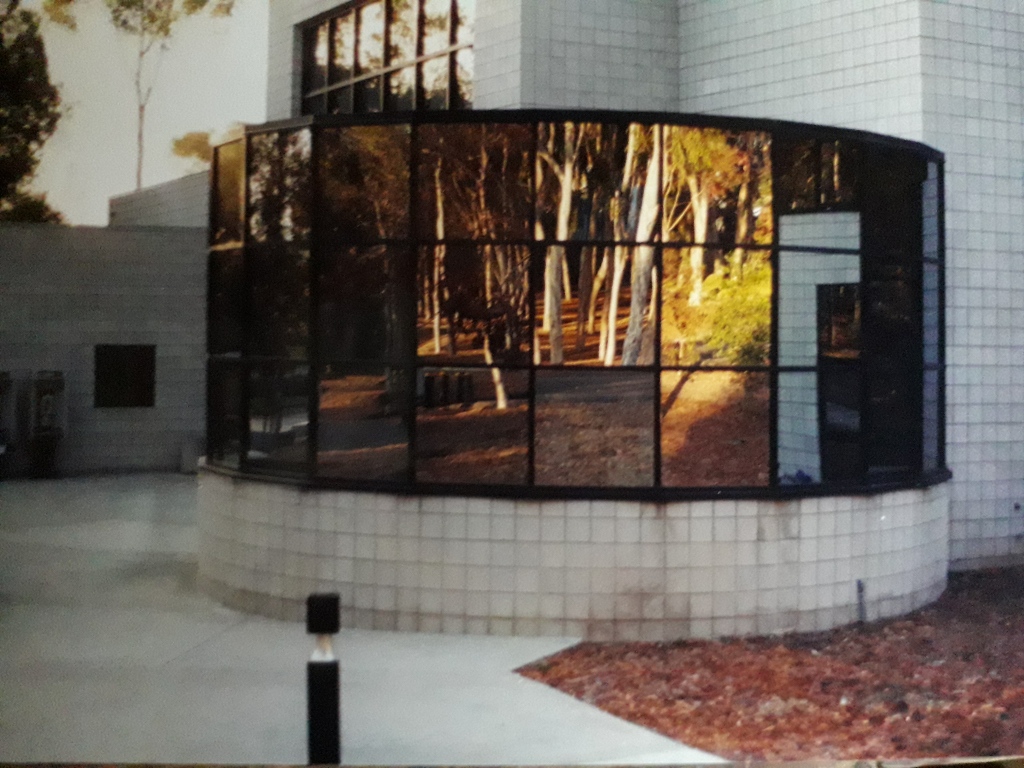

What became evident to me very quickly was how serious Pete was . Despite his natural humour, his great gift as a story teller, his love of music and the stories he shared, he was a relentless activist. It seemed to me his life was work, he dedicated his time to creating change and this drove him for the best part of the twenty years I knew him. In La Jolla, I’d see him huddled in deep conversation discussing the prospect of a publication. On this occasion it turned out to be Howard Kirschenbaum’s ambitious and extraordinary biography of Carl Rogers, now available in paperback : https://www.pccs-books.co.uk/products/the-life-and-work-of-carl-rogers-1 For Pete it seemed, life was also a kind of duty, a duty to impact change and his action and dedication inspired that in others. It surely did in me.
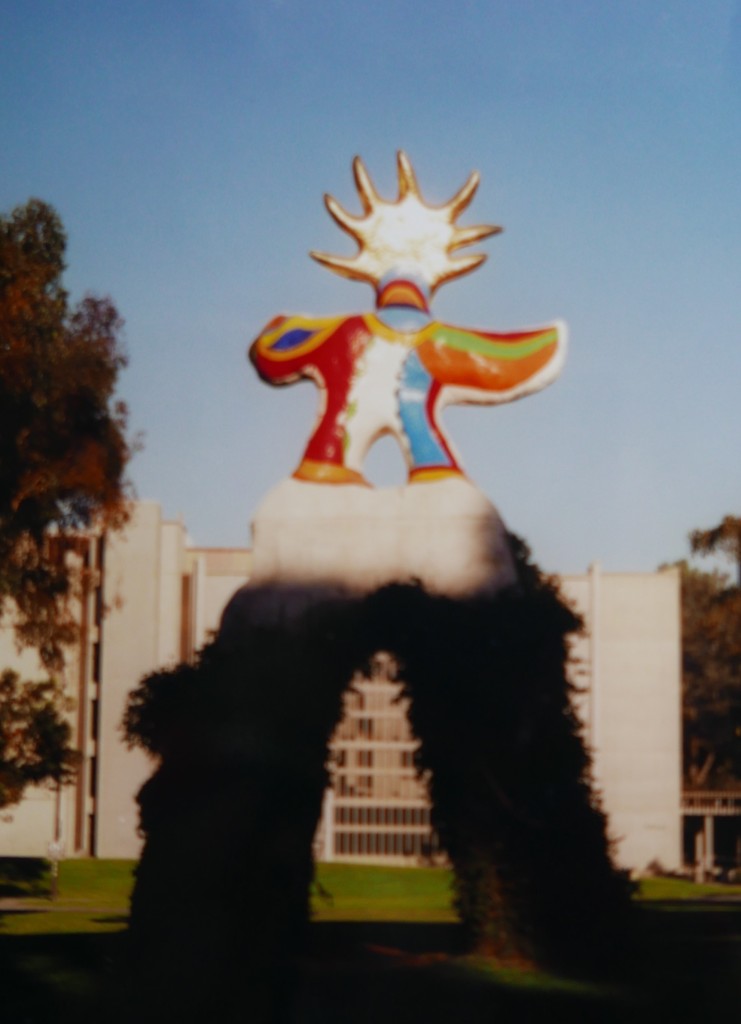
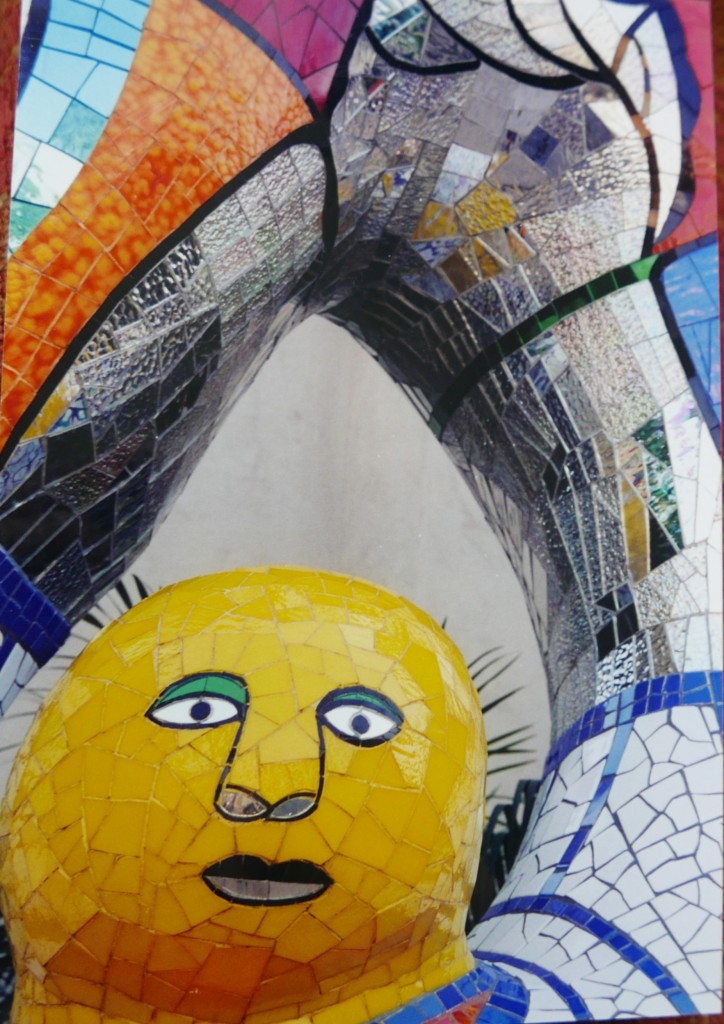
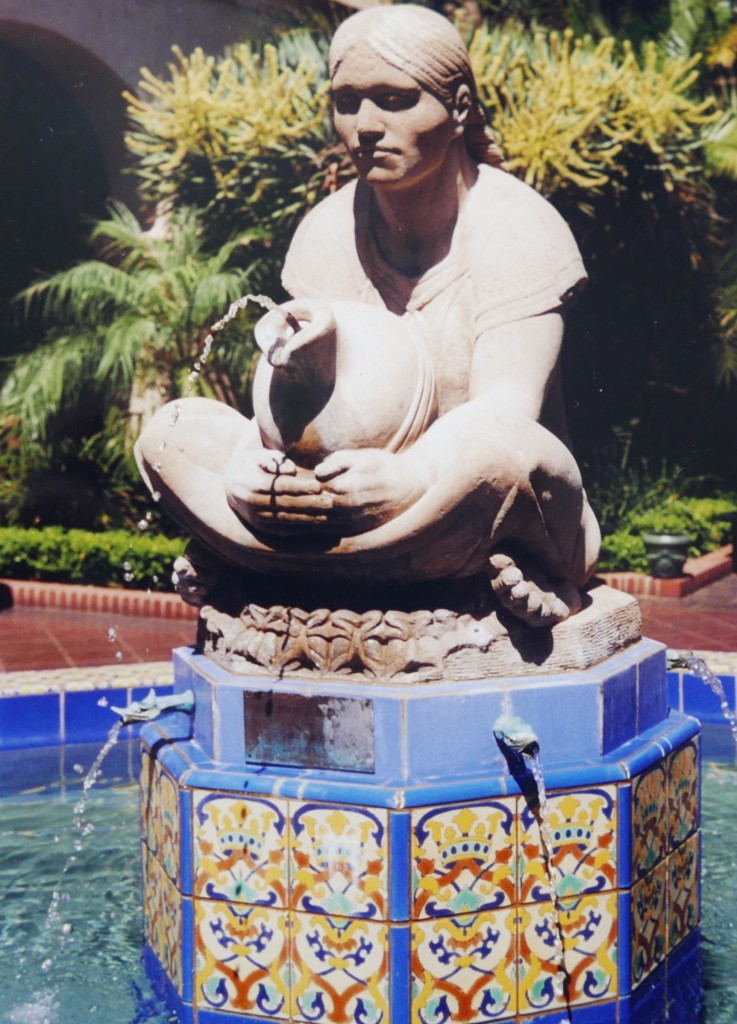
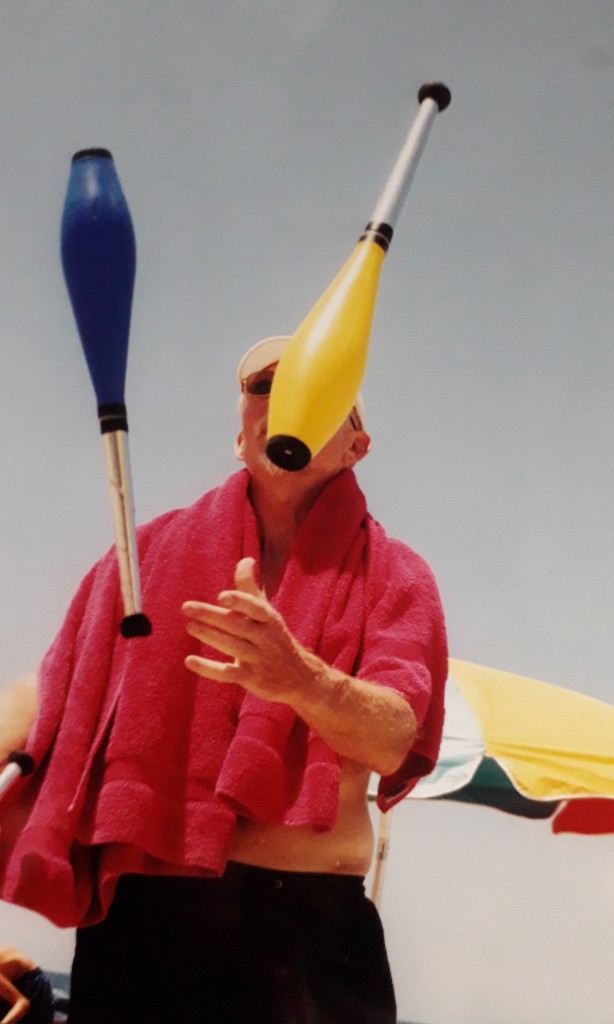
On returning to the UK, I kept in touch with Pete. I kind of became a self appointed advocate for PCCS and directed all my students, colleagues and friends to their publications. I bought ten copies of ‘Person-Centred Therapy Theory and Practice in the 21st Century’ Sanders 2013 PCCS Books. He told everyone how proud he was of this ‘little booklet’ and was selling it for £1. I could give 9 away. I began teaching a certificate at an FE college. Armed with ‘First Steps’, I knew these young people could wake up their brains also despite the hardship and poverty of the area they all inhabited. Years later one of them contacted me, thanking me for the course. She said, the best advice you gave me Kate was to buy a Thesaurus. This was all because of Pete, his perspective, his trust and faith in me was contagious, it meant I could offer the same to anyone I encountered. Soon Pete had me involved with PCQ magazine and so I became part of a continuing adventure, giving space to reflections, thoughts, ideas- and much controversy and robust dialogue between the BAPCA membership began to emerge. Challenging times. Here are some of us who were involved in PCQ around 2006- 2009.
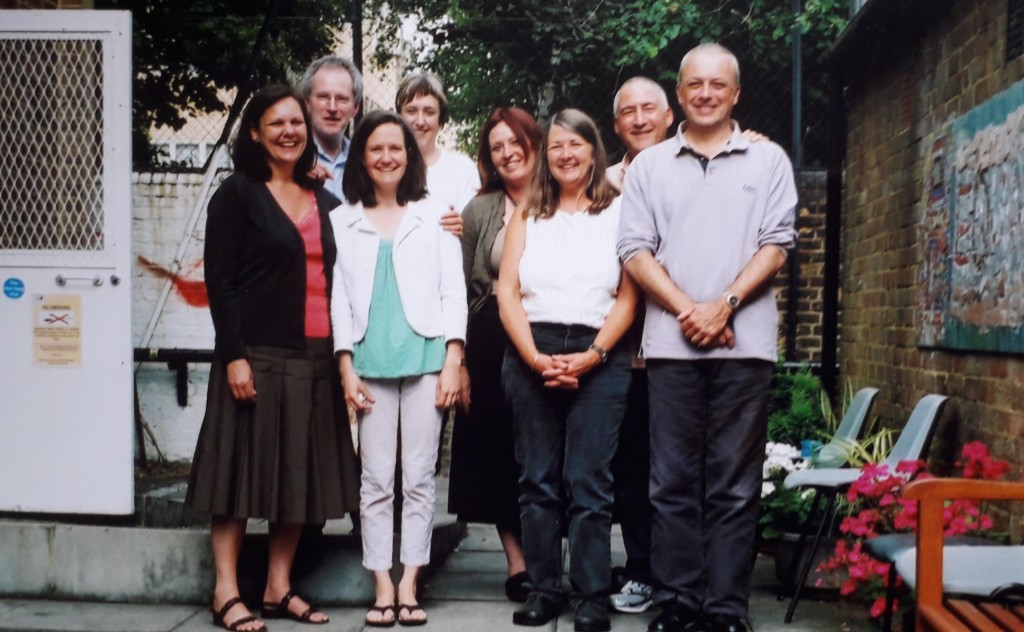
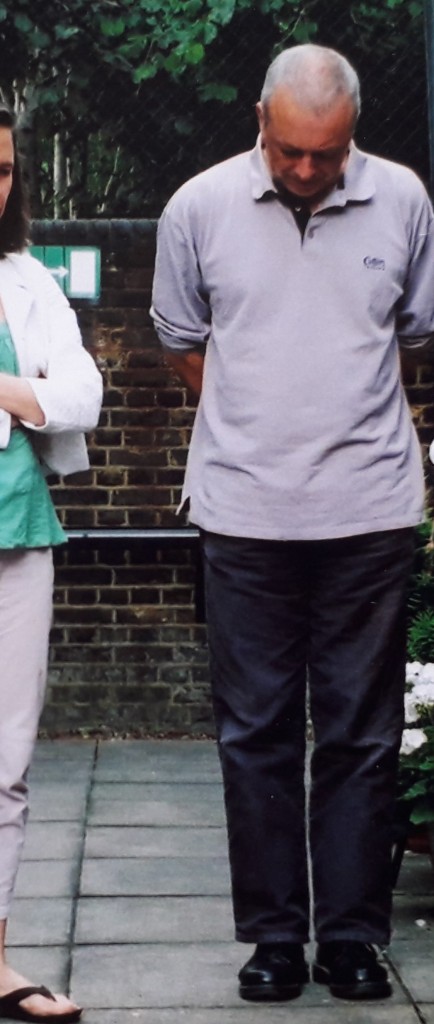
I would always have piles of leaflets for BAPCA, back copies of PCQ to give away free. Whenever I visited their little office in Ross-on-Wye, Heather or Di, or sometimes Maggie or Pete would load me up with books that had typo’s or errors in them. Always inclusive, always generous. I started to have a bit more freedom to attend conferences. Pete had asked me if I’d met the ‘poster boy’ for the person-centred approach. I had not. He was referring to Mick Cooper. Forever mischievous, but always with a deep sense of loving, no one was out of bounds for Pete’s wit . He also held much frustration. He could not fathom how inactive so many person-centred people seemed to be. Complacent, missing the point, being too ‘niche’. He published a lobbying pack, tutoring people in how to approach politicians, how to make the case for the approach. Despite his efforts, the approach seemed to languish in the margins. He encouraged everyone to go to different conferences, to take the approach to broader audiences, to not remain so closeted. He himself engaged with Hearing Voices and Drop the Disorder and engaged with the broader community, publishing new books with different authors with lived experience challenging the medical model, the pathologizing of distress and the implications of a society that labels and diagnosis people. . Then I did meet Mick at Potsdam, or at least saw him there, along with Robert Elliott, both of whom had been appointed to the University of Strathclyde. That year, there seemed to be much engagement, hope and activity. Academically the approach seemed to be thriving, with papers being published and courses remaining in the University System. There was also the emergence of a lot of private providers of courses, and some of these missed the clarity and discipline of the approach, missing the point, identifying the approach as ‘building blocks’ rather than the ‘work’. I walked past Barbara Tamara Brodley (R.I.P) who was bemoaning ‘Workshops on person – centred approaches to working with horses??? What’s that!! What’s next??’ As it turned out, it was person-centred approaches to dentistry.
I’d been asked by Peter Schmid (R.I.P) to design the cover for a small publication he was doing for the Norwich Centre. Maggie had copies on her stall- ‘Kate, you do realise what this looks like don’t you!’ Suddenly my ‘pretty’ representation of Peter’s notion of a ‘triune’ sat on the cover like a vagina. Better than the usual phallus then… Massive laugh had, my naivety (innocence??) was and remains to some extent, a big part of who I am.
The nature of the approach enables and encourages the person to be creative. Acknowledging this, Pete embarked on bringing this together in the now ‘controversially’ named Tribes of the Person-Centred Nation. https://www.pccs-books.co.uk/products/tribes . Forever respectful, always prepared to offer a platform, despite his frustration in how some thinkers swayed a long way away from the core principles of the approach, he would not silence people.
Then in 2008, the massive investment was announced by the government into psychological therapies. Pete and Andy Hill began the epic task of creating a ‘manual’ for the person-centred approach that would be acceptable to the NHS. At this time I had much contact with Pete. This was a crunch time for the approach. If we didn’t challenge the exclusion of person-centred counselling in this investment, it would remain languishing in the margins. I had taken it on myself to offer a presentation to East of England Commissioners about the person-centred approach. However as BACP had its investment into it, as an individual I could not be a facilitator, I had to be an academic.
Pete and I spoke about strategies. He joked, ‘Well Kate, you may have single handedly saved the person-centred approach, I suggest you speak to Janet (Tolan)’. My thinking was that BAPCA (The British Association for the Person-Centred Approach) needed to take some lead in this.
In 2010 or 2011 can’t recall, I took a presentation to a BAPCA conference called something like, IAPT, CFD , PCA and BAPCA. I wanted to find a way for our person-centred community to start engaging with the prospect of being employed in the NHS to offer free person-centred counselling. Pete was right there, supporting me, and that same time I met David Murphy and Stephen Joseph. I met some engaged and enthusiastic people from Nottingham, all who had been students of David and Stephen. There was a familiar energy present, to that I’d encountered from Pete, and seemed like a safe harbor. BAPCA however was not keen to support this development. I knew if it was to really thrive we needed to agitate for person-centred practice to be perceived as equal but different. The ‘depression’ was a description and not a ‘diagnosis’ the association was always navel gazing and it couldn’t grow. Within months I was part of the University of Nottingham and finally facilitating the courses in PCE-CfD. Pete joined me for one of the first, sharing his thoughts on the book and finding contributors for some of the content.
Always inclusive, always democratic. ‘ So ‘, says Pete, trying to tackle to emotion focused elements that were adding to the evidence that was acceptable for the BACP expert reference group…’systematic, evocative unfolding’.. or as I like to call it, ‘talking about it’…
I tried to advocate for person-centred approaches to management, supervision to recording ‘data’ to be included in the NHS services. I attended IAPT conferences and would be the only person-centred person there. Even Therapy Today, the journal for BACP rejected my articles. Andy Hill had retired, there was no one left who understood the project in the organization.
Pete was never short of wit, of kindness but with an incisive awareness of what was and what was not humane.
Then the terrible news of Pete’s heart failure in 2015 threw a hurricane into the person-centred world. It seemed what ‘we’ had was now going to be borrowed time .
Despite that, Pete was still there, encouraging, contributing and agitating.
On Saturday 5th of February 2022, I shared a post on facebook, one that I had written in this blog last year. I said ‘Written over 4 months ago, I couldn’t have known how true it would be for me personally as I contemplate my future’. Pete commented immediately and then, there he was on messenger, sending me extraordinary encouragement, wit and humour.
I felt so loved, so ‘met’ so valued by those shared words, that I was able to let some tears fall, the burnout was no longer numb, I could feel something.
He also shared that he felt his 45 years of dedicated work was being trashed and knew he was not alone in this. The IAPT project, the move away from non-directivity, the muddling of the approach becoming instrumental rather than principled was a real threat, and we are facing the commodification and the appropriation of the approach, so it joins the ‘dreaded’ ‘toolbox’.
Sunday, the next day, I received the news from Paul Wilkins that Pete had died on the Saturday.
It has made this loss feel so very abstract. Having been working online since early 2020, with no physical contact with colleagues, I was now reeling from this virtual ‘farewell’. I was also deeply touched to have been able to say the day he died, ‘Love you so much Pete’. I’m sure I spoke for so many.
Pete Sanders was the Rock and Roll of client-centeredness. When Pete was at a conference, you knew you were going to be enlightened, entertained, encouraged and berated, all rolled in to one ‘Pete’.
At one of the many I attended, Pete invited everyone to participate in a competition. It was to describe in two or three sentences the person-centred approach to your grandmother. I can’t recall what I wrote, but I won. The prize was a badge: ‘Birmingham, Its not Shit’ I wore it the day Pete died, not knowing he was dying, but to celebrate our friendship on a day when he had reached out and made me feel like I actually mattered. The news of his death was devastating and its still hard to accept. Pete was a person who grieved deeply. Many will remember the impact of Tony Merry’s and John Schline ‘s deaths had on Pete.
I woke up on Feb 14th thinking, I’ve not been born to participate in practices that line the pockets of the rich .. or, as Pete would say : Fuck the Tories.
I knew it was time to write about Pete. With heartfelt condolences to his beloved wife Maggie, all his children, grandchildren, family members, and to our community of activists and agitators.
Rest in Power Pete.
This is how you always made me, and I believe other’s feel in your presence
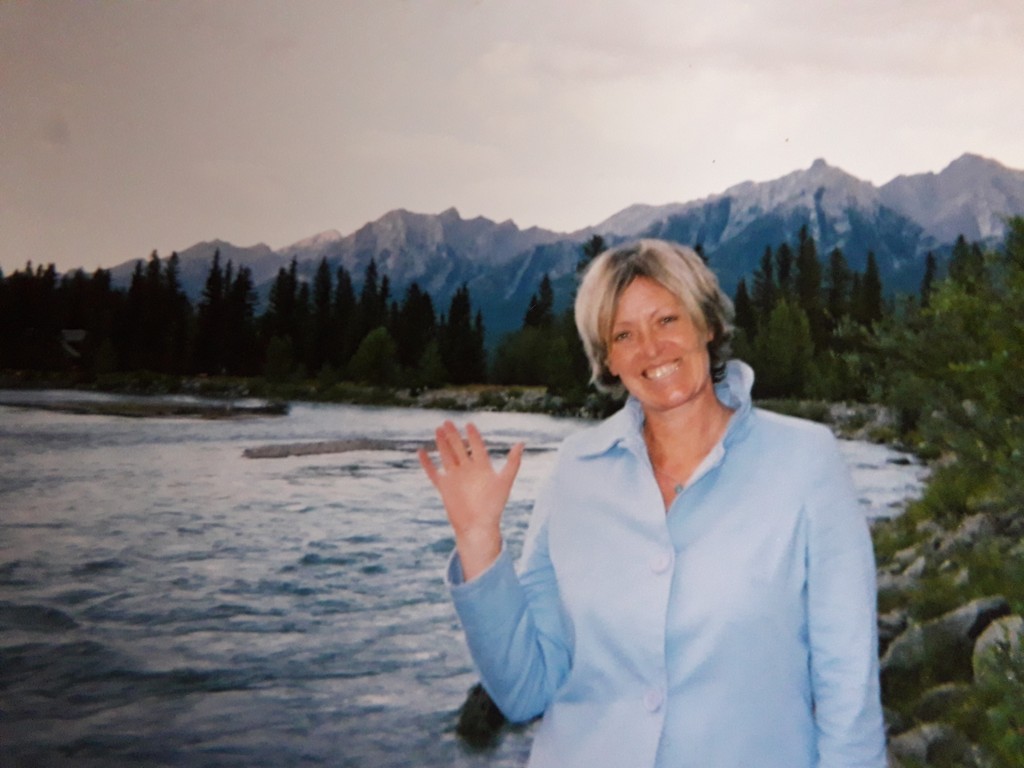
Beautiful piece Kate. It brought back so many special memories of Pete and the PCA. I was at La Jolla, Potsdam and many more PC gatherings where meeting with Pete and Maggie was always a great pleasure and even up to February 5, reading and responding to Pete’s almost daily rants about the state of things on F/B. I miss him
LikeLike
I’m so pleased this has brought back memories Teresa. It was evident to me how much Pete loved you
LikeLike
Beautiful memories
LikeLike
Thank you Steve
LikeLike
Really moving, Kate. Love to you
LikeLike
Thank you so much. Such an untimely loss.
LikeLike